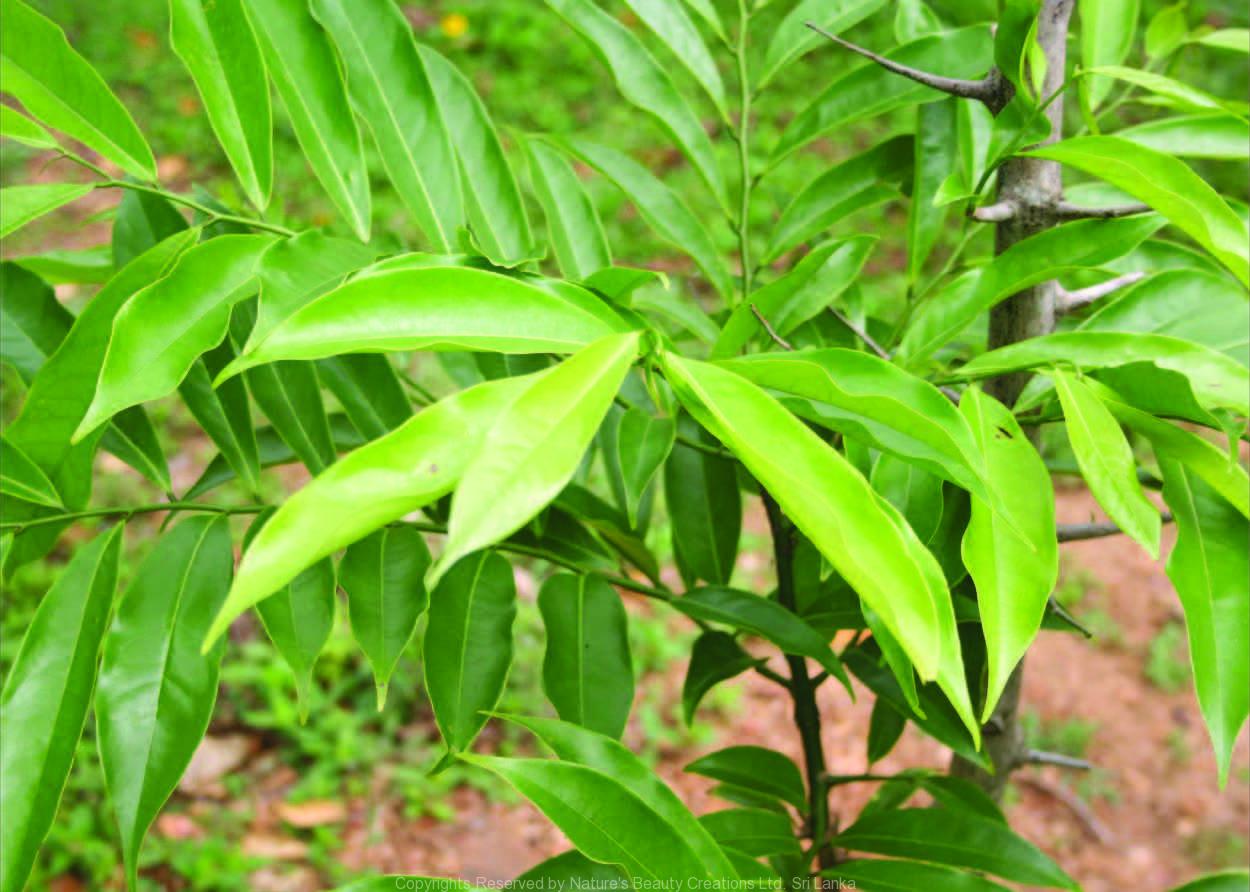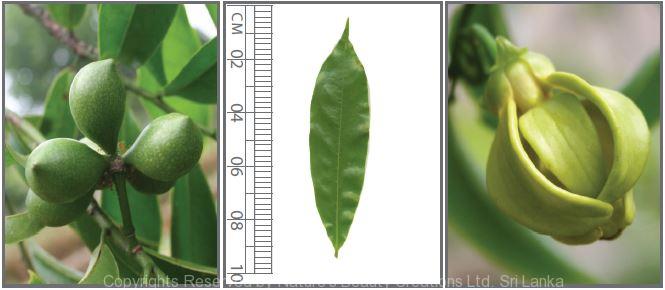

Traditional Knowledge
Useful plant parts :
Leaf, root and stem
Uses in traditional medicine :
- Boiled juice of flowers is a stimulating beverage and used to treat vomiting, biliousness, blood diseases, heart and bladder disorders, itching and leucoderma
- Decoction of leaves is used in the treatment of cholera
Scientific Research
Chemical constituents:
Flavonoid glycosides and flavonoids: artabotryside A and B, taxifolin, 7-O-glucoluteolin, apigenin derivatives, organic acids: succinic and fumaric acids from leaves; γ-butyrolactones: artapetalins A–C and other butyrolactones from aerial parts; sesquiterpenes: β-caryophyllene, caryophyllene oxide from essential oil of flowers
Bioactivity :
Leaf extract: antibacterial, antifungal
Clinical:
References : Grainge, M. D. and Alvarez, A. M., (1987), Antibacterial and antifungal activity of Artabotrys hexapetalus leaf extracts, International Journal of Tropical Plant Diseases, 5(2), 173-179. Karthik, Y. P. and Pharm, M., (2010), Evaluation of Antifertility activity of leaves of Artabotrys hexapetalus’, PhD thesis, Rajiv Gandhi University of Health Sciences, Bangalore. Phan, G. M. et al., (2007), Chemical Composition of the Flower Essential Oil of Artabotrys hexapetalus (L. f.) Bhandare of Vietnam, Journal of Essential Oil Research, 19(6), 523-524. Wong, H. F. et al.,(2002), β-Methoxy-γ-methylene-α, β-unsaturated-γ-butyrolactones from Artabotrys hexapetalus, Phytochem- istry, 59(1), 1-10.
Copyrights Reserved By
Natures Beauty Creations



